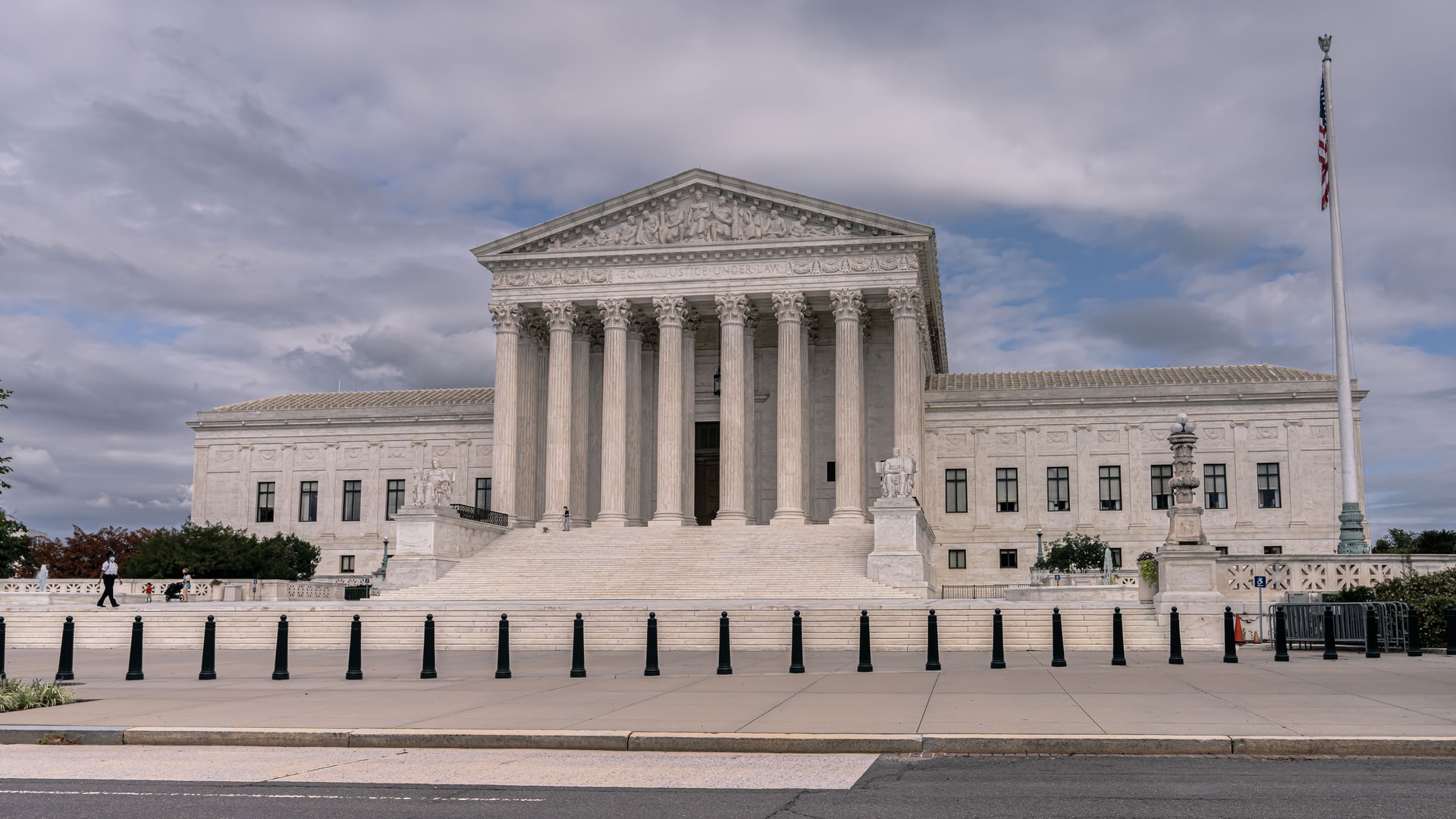This is the first of a five-part blog series on same-sex attraction. Be sure to check out the remaining posts: part 2 (“Is same-sex attraction wrong? If so, why?”), part 3 (“What do I do if I’m attracted to people of the same sex?”), part 4 (“How do I love my gay friend?”), and our conclusion in part 5 (“Concluding Thoughts”).
I get asked about homosexuality a lot. I know of many in our congregation who deal with it themselves or have someone close to them who does. Over the past few years, I have learned to see this through the lens of a pastor or a friend, rather than simply as a “theologian.”
I think, for instance, of Brennan, a young man in our church—and a close personal friend. He was very active in our leadership for many years, but he had a secret he kept from everybody. He had a same-sex attraction that had led to several bouts with pornography and a string of hook-ups with guys he met in chat rooms. He has wrestled with this now for several years.
Recently, Brennan and I had a long conversation. “You know,” he said, “I understand that acting on this is wrong. I can’t read the Bible in a responsible way and not conclude that. But there’s no way I chose to be like this. It wasn’t like in seventh grade I suddenly decided this is how I want to be. I was never abused or anything. It just seems to be something that I’ve always had with me, even though in many ways I have it under control. I imagine that this is going to be a struggle for me, until the day that I die.”
I remain very close to Brennan. I love him. My kids love him. I’ve had to learn not merely to answer Brennan’s theological questions, but to feel his pain, to grapple with his questions from his point of view.
Or I think of Gina. I first met Gina in a cell phone store where she worked. She was in her early thirties and had been a practicing lesbian since college. She also battled severe depression. Her co-worker and I began to invite her to our church. One Saturday morning, she drove to the Blue Ridge Mountains where she planned to take her own life. She was about 30 minutes from where she had planned to jump when she received a phone call from a friend who said, “I don’t know where you are,” she said, “but I woke up this morning thinking about you. I felt like God put you on my heart. I just wanted to say that I love you.”
Gina was floored. She explained what she had been planning, and this girl talked her out of it. Gina checked herself into a hospital, where new friends loved her and shared the gospel. She trusted in Christ, and is now active in our church. She heads up many of our overseas mission efforts, particularly in South Asia. She still struggles with these issues, but is following hard after God. We love Gina, and she remains a close friend. Any discussion on topics of sexuality makes me think about her and what’s happening in her life.
I also know that every time I talk about same-sex attraction, that there are many listening to me who have been hurt or ostracized over this issue. Parents have disowned kids who confessed same-sex attraction. That’s simply heartbreaking: at the time when they needed the constant love of a parent most, these kids instead faced rejection. Even more tragically, this rejection is sometimes done in the name of Christ. What greater lie can we tell about our Savior than to distance ourselves from the hurting and broken in the moment they would need us most?
Our culture puts forward the narrative that we really only have two options in our relationship with the LGBT (Lesbian Gay Bisexual Transgender) community—affirmation or alienation. But Jesus shows us that a third response—a gospel response—is possible. He shows us how to respond with grace and truth, how to hold out God’s truth and God’s love, not having to choose between the two.
You see, Jesus’ ministry was a paradox. Never was there anyone who exalted God’s standards of righteousness so consistently. He said that he didn’t come to abolish any part of the law, that if our righteousness didn’t exceed the righteousness of the Pharisees, we would never even see the Kingdom of God.
But at the same time, never was there anyone who so effectively gathered the outcasts. The oppressed and the oppressors both sat at his feet. The religious people of his day couldn’t understand him. How could someone on intimate terms with God be so attractive to sinful people? The secular powers hated him because he presented a challenge to their absolute claims to authority. The last week of Jesus’ life captures this paradox perfectly. His crucifixion was a joint project of both religious and secular power, while a former prostitute washed his feet with her tears and a thief defended his reputation from the cross.
The apostle John captured the heart of Jesus’ ministry in John 1:14 when he described Jesus’ as a man “full of grace and truth.” Truth without grace is fundamentalism; grace without truth is sentimentality. Compromising either one for the sake of the other makes us unlike Jesus. So to represent Jesus to the LGBT community, to minister to those who have same-sex attraction, we want to be full of both. And when we are full of grace and truth like Jesus, we can expect to see the response he did—to repel the proud and attract the broken.
This, I believe, is the attitude we must take as we approach the question of same-sex attraction. Our response must be characterized by humility, contrition, and a faithful trembling at God’s Word.
And to God’s Word we turn next. Check back next Tuesday.


